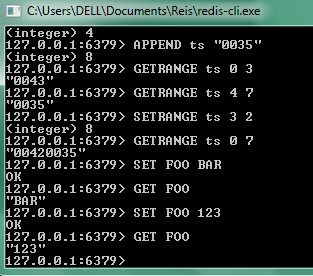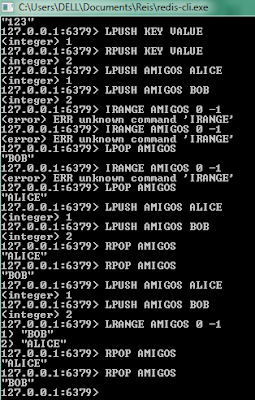Un IDE es un entorno de programación que ha sido empaquetado como un programa de aplicación, o sea, consiste en un editor de código, un compilador, un depurador y un constructor de interfaz gráfica. Los IDEs pueden ser aplicaciones por sí solas o pueden ser parte de aplicaciones existentes. 1 - Pycharm IDE El IDE Pycharm es muy completo, creado por JetBrains . Este IDE es profesional y viene en dos modalidades: una edición Free y otra muy completa privada que apunta a empresas de desarrollo de software. La popularidad de el IDE Pycharm se puede medir a partir de que grandes empresas como Twitter , Groupon , Spotify , ebay y telefónica , han utilizado éste para su trabajo. La mayoría de sus características están disponibles en la versión gratuita, se integra con IPython , soporta Anaconda , así como otros paquetes científicos como matplotlib y ...










Comentarios
Publicar un comentario